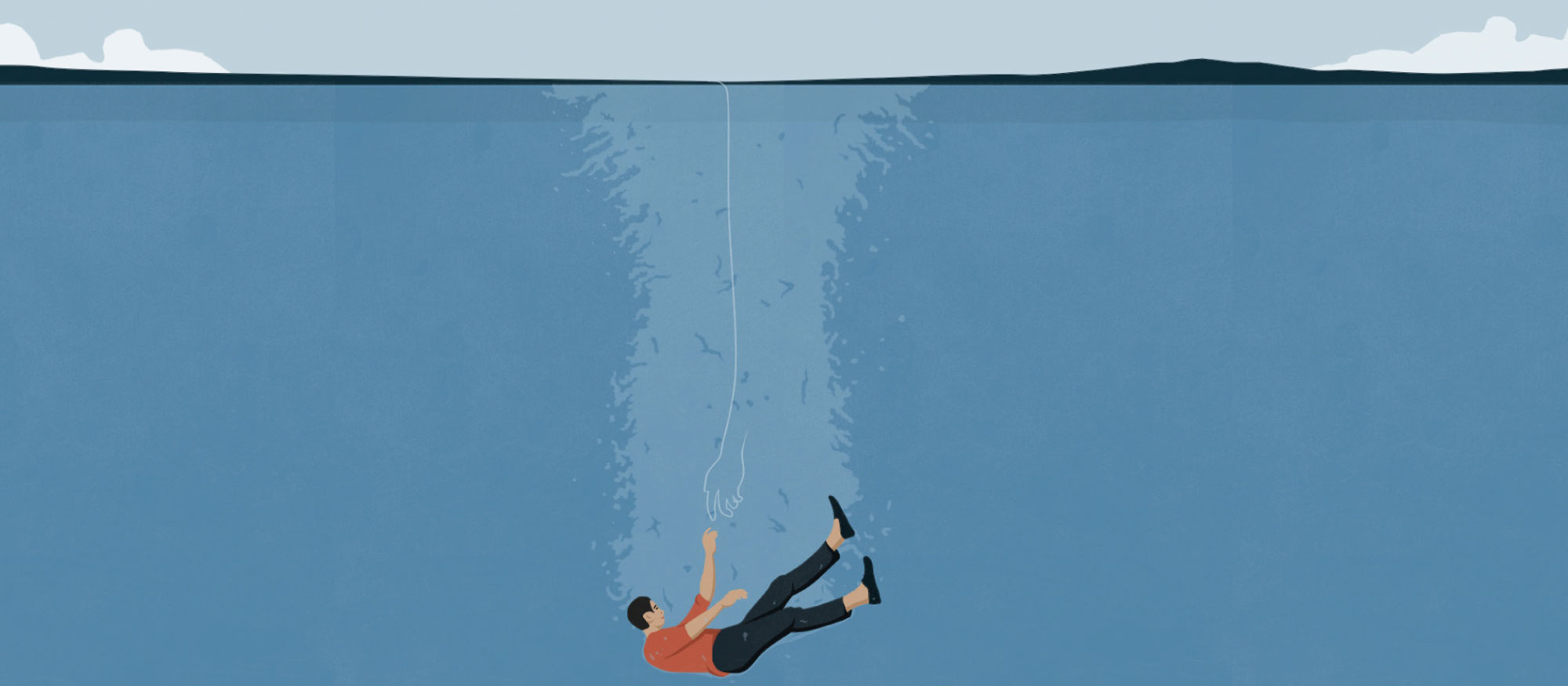Panic is good.
In the right context, of course. The symptoms of panic—a racing heart, rapid breathing, sweating—strike when our bodies are mobilizing to fight or flee, says Elizabeth Duval, PhD, an assistant professor of psychiatry at the University of Michigan.
“If I’m being chased by a lion, I want to have these things happen in my body so that I can get more oxygen to my muscles and I can run really fast. This process is very much a natural response that keeps us safe and alive.”
But the panic that spurred our ancestors to flee from ferocious beasts can go haywire in modern life. People can spiral into uncontrollable terror over innocuous things: elevators, bridges, a plane ride, a big crowd at the mall.
“It starts happening in realistically safe situations or out of the blue,” says Duval, who treats people with panic attacks that disrupt their lives. “That’s when it starts creating a lot of distress and anxiety.”
In some people, internal sensations, such as a racing heart or feeling warm, can seem so scary that they set off a cascade that leads to a panic attack, Duval says. Panic attack symptoms, which might include trembling, shortness of breath and a sense of impending doom, can frighten people into believing they’re having a heart attack or stroke.
Often, people begin steering clear of situations that might provoke another attack. “They might be avoiding things that are really important. They might not be able to get in to work. They’re not able to go to the grocery store or get in the car.”
But Duval offers reassuring news: “Panic attacks are not dangerous at all.”
“Even without doing anything, panic attacks will resolve on their own. They’re often pretty quick, so they’ll peak typically within ten minutes.”
It’s best to ride out an attack, Duval says, knowing that it’s the body’s natural fear response activating.
Prescription benzodiazapines can ease the acute stress of a panic attack, but have drawbacks, she says. “Drugs often serve as a way to escape or avoid the panic. They help you feel better in the moment, but don’t always help more long-term with managing the panic.”
“I often advise people to try to continue living their lives and not letting the panic dictate whether they stay in a situation or not,” she says. In other words, don’t flee a store, office or other safe place when a panic attack strikes.
As people learn to tolerate the uncomfortable physical sensations, there’s a payoff, she says. “Over time, that makes the panic attacks less intense and then they start to occur less frequently.”

